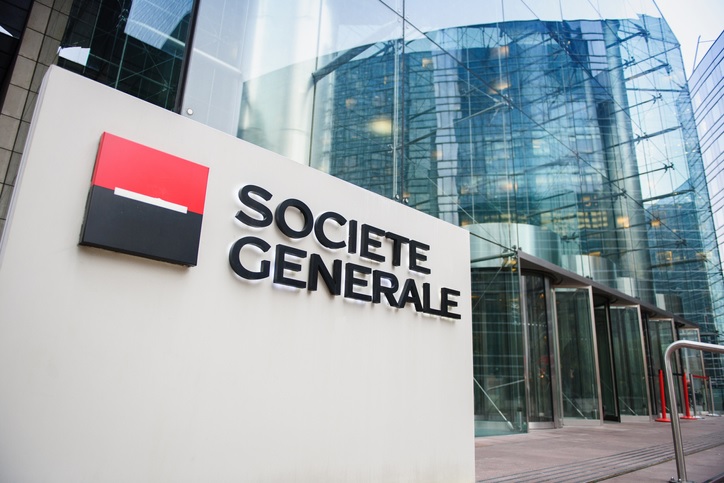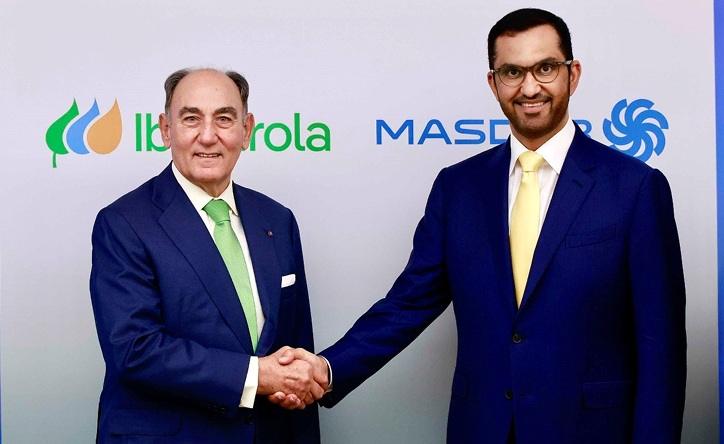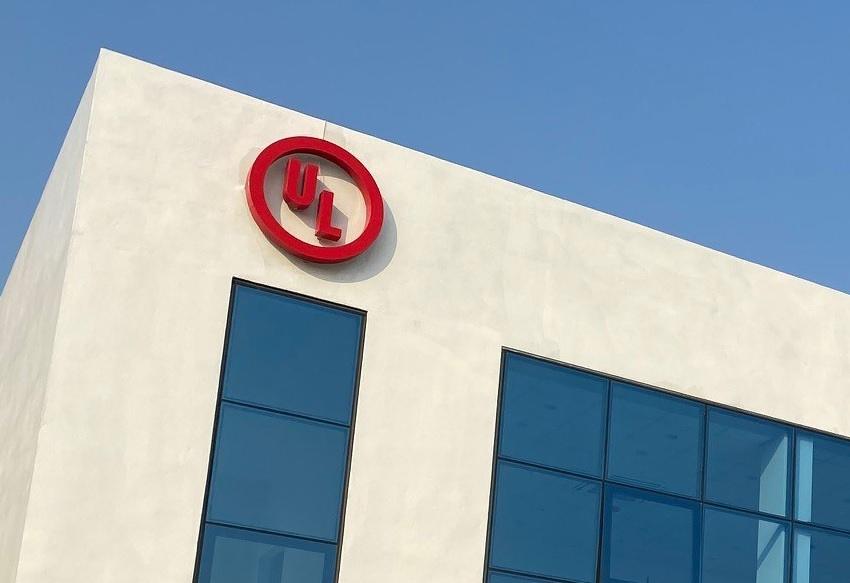Societe Generale Strengthens Climate Strategy, Will No Longer Finance Onshore US Oil and Gas
European financial services group Societe Generale unveiled today a revamped climate strategy, aimed at strengthening the bank’s leadership in the energy transition space, and aligning its activities with the Paris Agreement. The bank’s climate commitments include setting sector-specific climate alignment targets for its financing activities, further reductions in fossil fuel exposure, and ramping up financing of energy transitions projects. Among the commitments announced today is a new goal to stop financing onshore oil and gas extraction in the US.
Societe Generale’s new climate strategy is the product of several years of related efforts and initiatives undertaken by the bank. According to Societe Generale, the bank has been committed to achieving the global warming limitation objectives set out in the Paris Agreement since its establishment in 2015, and it has more recently begun to work towards aligning its financing activities to these goals. To this end, the group has aligned itself with the strict goals of the IEA Sustainable Development Scenario (SDS), which is aims to limit temperature increase to below 1.65°C. Additionally, in September 2020, Societe Generale, and a group of four other banks (BBVA, BNP Paribas, ING and Standard Chartered) agreed to make the Paris Agreement Capital Transition Assessment or PACTA methodology (initially developed for equity and bond portfolios) applicable to bank lending.
The bank stated that its policy of setting sector-specific alignment targets will start with the most carbon-intensive sectors. Societe Generale has been working since 2019 to disengage from the coal sector, and in July 2020, announced steps to accelerate its exit from coal. Societe Generale is now launching a new initiative to reduce its exposure to the oil and gas extraction sector, including reducing its portfolio linked to oil and gas extraction by 10% by 2025, and ending its financing of onshore oil and gas extraction in the US. Additionally, the bank is committing to reducing the carbon intensity of its financing activities linked to electricity production by 18% by 2025 and by 76% by 2040 compared with 2019 levels.
On the energy transition front, Societe Generale stated that it has already achieved 60% of its established target to help raise €120 billion between 2019 and 2023 through a range of sustainable financing solutions. The bank announced today that it aims to further develop efforts to finance energy transition projects through a new training program it is launching for its teams, beginning with finance and advisory bankers.
Frédéric Oudea, Chief Executive Officer, said:
“After the Paris Agreement and given the urgency around the climate situation, Societe Generale is leading a responsible and voluntarist climate strategy that we wish to accelerate by pro-actively supporting our clients in their energy transition. Guided by our corporate purpose, we are determined to play a driving role in ‘Building together with our clients a better and sustainable future through responsible and innovative financial solutions’. CSR and in particular climate-related objectives are a priority of the Group’s strategy and for each of our business lines, with the aim to be a leader in the sustainable finance and the energy transition fields. This new stage of our climate strategy draws on the alignment as quickly as possible of all our financing activities with the IEA Sustainable Development Scenario. Having been a pioneer in the development of renewable energies, we are one of the first global banks to announce a significant reduction in the short term of our overall exposure to the oil and gas extraction sector. In this context, we are also announcing our decision to stop financing onshore oil and gas extraction in the US. We have a responsibility to redirect our portfolio of activities at a pace that is consistent with the climate scenarios and with an ecological transition that is economically viable and socially inclusive.”





